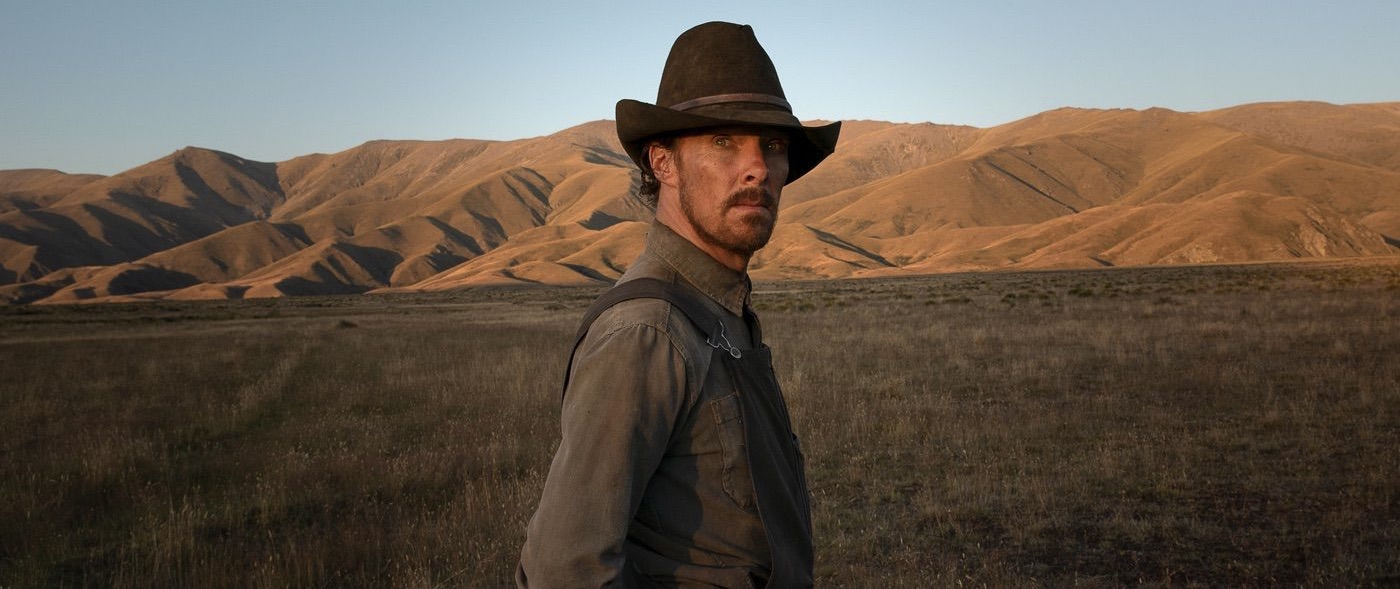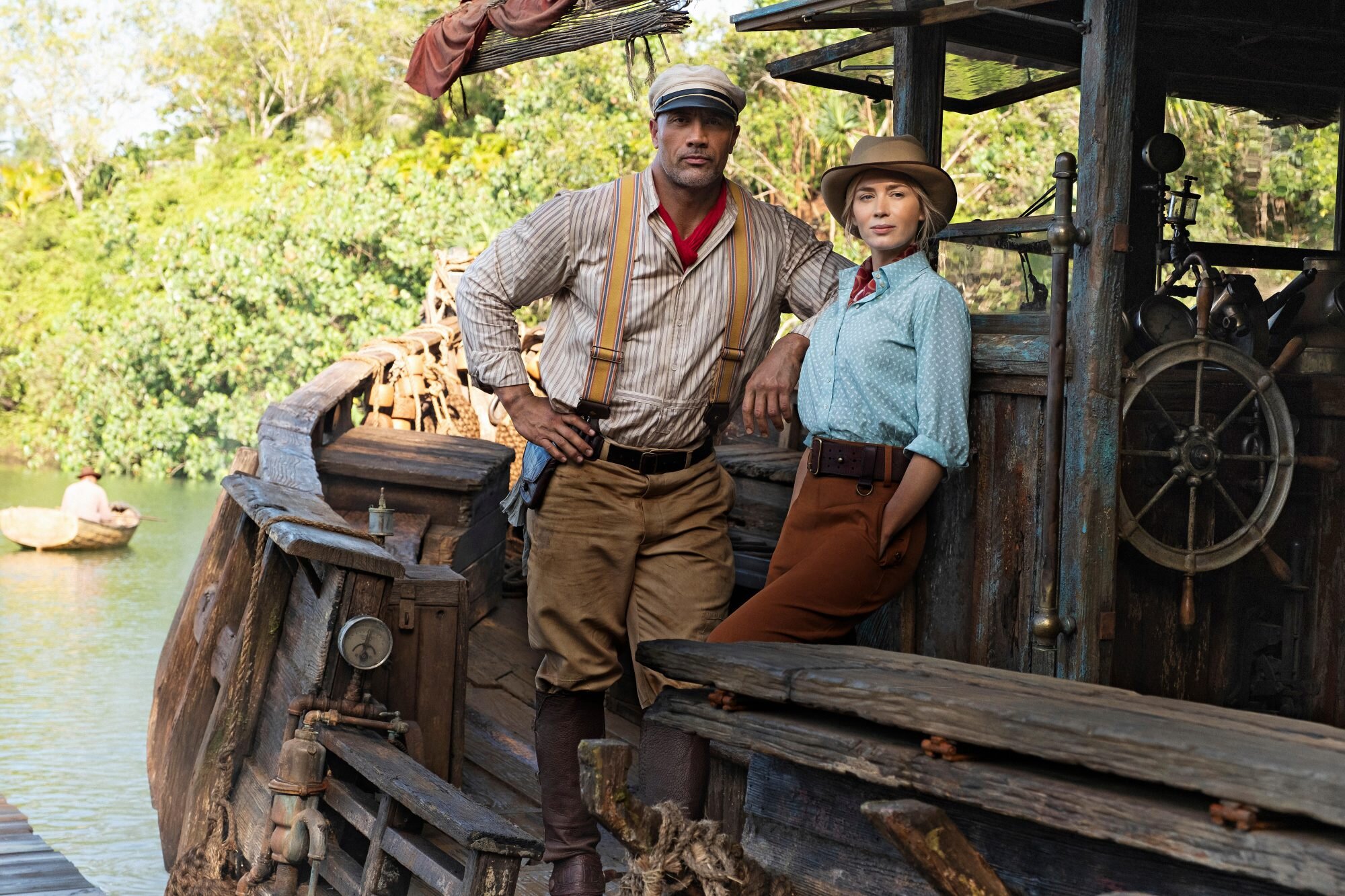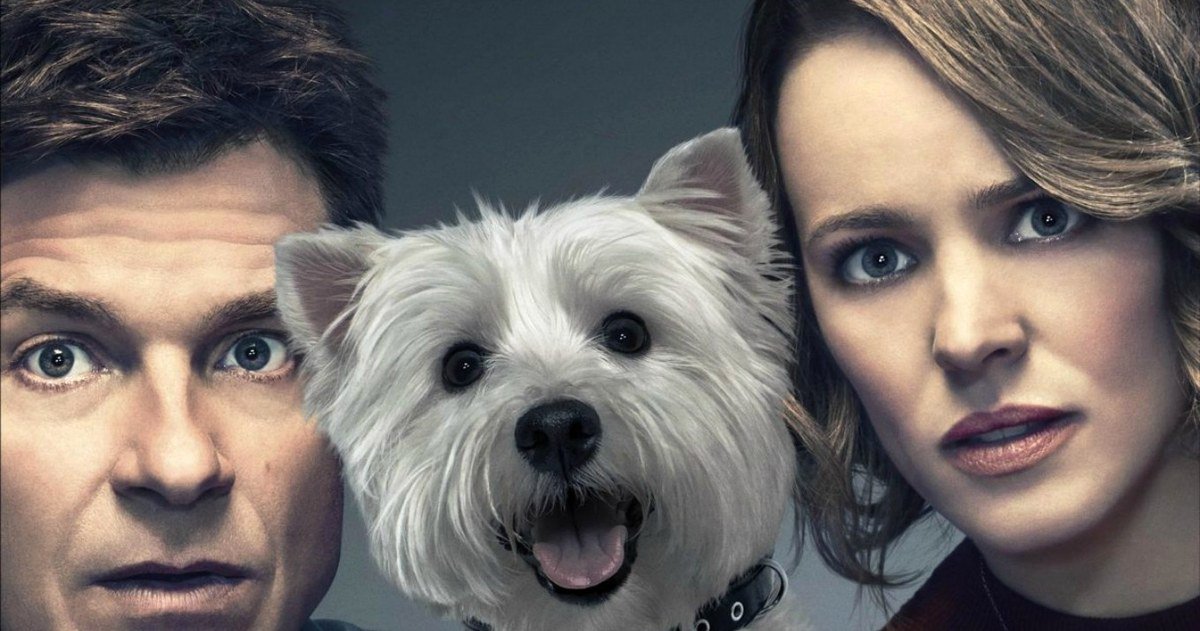The Power of the Dog
by George Wolf
Deliver my soul from the sword; my darling from the power of the dog.
Psalm 22:20 pleads for protection from pack animals that attack the vulnerable. And in the first film in 12 years from writer/director Jane Campion, the leader of the pack is Phil Burbank (Benedict Cumberbatch).
Phil and his brother George (Jesse Plemons) are wealthy ranchers in 1925 Montana. George is soft spoken, well-dressed, polite and empathetic. Phil is none of those things.
So Phil is nothing but resentful when their family dynamic is upended by George bringing home Rose (Kirsten Dunst) and introducing her as his new wife. Though Phil doesn’t hide his suspicions of the new Mrs. Burbank, it is Rose’s son Peter (Kodi Smit-McPhee), that becomes his new favorite target.
Peter is quiet, gentle, and artsy, the perfect foil for Phil to belittle in front of his ranch hands. A master at exposing vulnerabilities, Phil doesn’t hesitate to loudly question Peter’s masculinity and his worth at the ranch – if not in the world.
So it surprises everyone – most notably the resilient, cautious Rose – when Phil seems to reverse course and take the young man under his wing. Peter needs new skills to be accepted into the ranch life, and Phil begins taking extra time to personally mentor him, passing on lessons that Phil himself learned at the feet of local legend Bronco Henry.
Even if you haven’t read the celebrated source novel by Thomas Savage, Campion’s adaptation unfolds with enough subtle poetry to convince you that it must be a wonderful read. Onscreen, the Oscar-winning Campion (The Piano) contrasts the vast majesty of the American West (kudos to cinematographer Ari Wegner) with delicate details that shift the nature of love, trust and strength within a family.
Campion gives Plemons, Dunst and Smit-McPhee the room to craft indelible characters, and they each respond with tenderly restrained excellence. But Cumberbatch is also the leader of this pack, delivering a magnificent, completely immersive performance sure to get awards season attention. Phil is unclean, both physically and spiritually, and Cumberbatch makes him a darkly compelling character, a feeling that directly feeds the unease that comes when Phil reasses his relationship with Peter.
What made Phil such an unforgiving brute? Are his new intentions truly kind, or is Peter in danger? And maybe Peter is seeing Phil more clearly than we realize.
The Power of the Dog finds its own power in what it shows but never truly tells. It’s a film that is hauntingly lyrical and masterfully assembled, with a beauty that lingers like an echo in the Montana wilderness.








